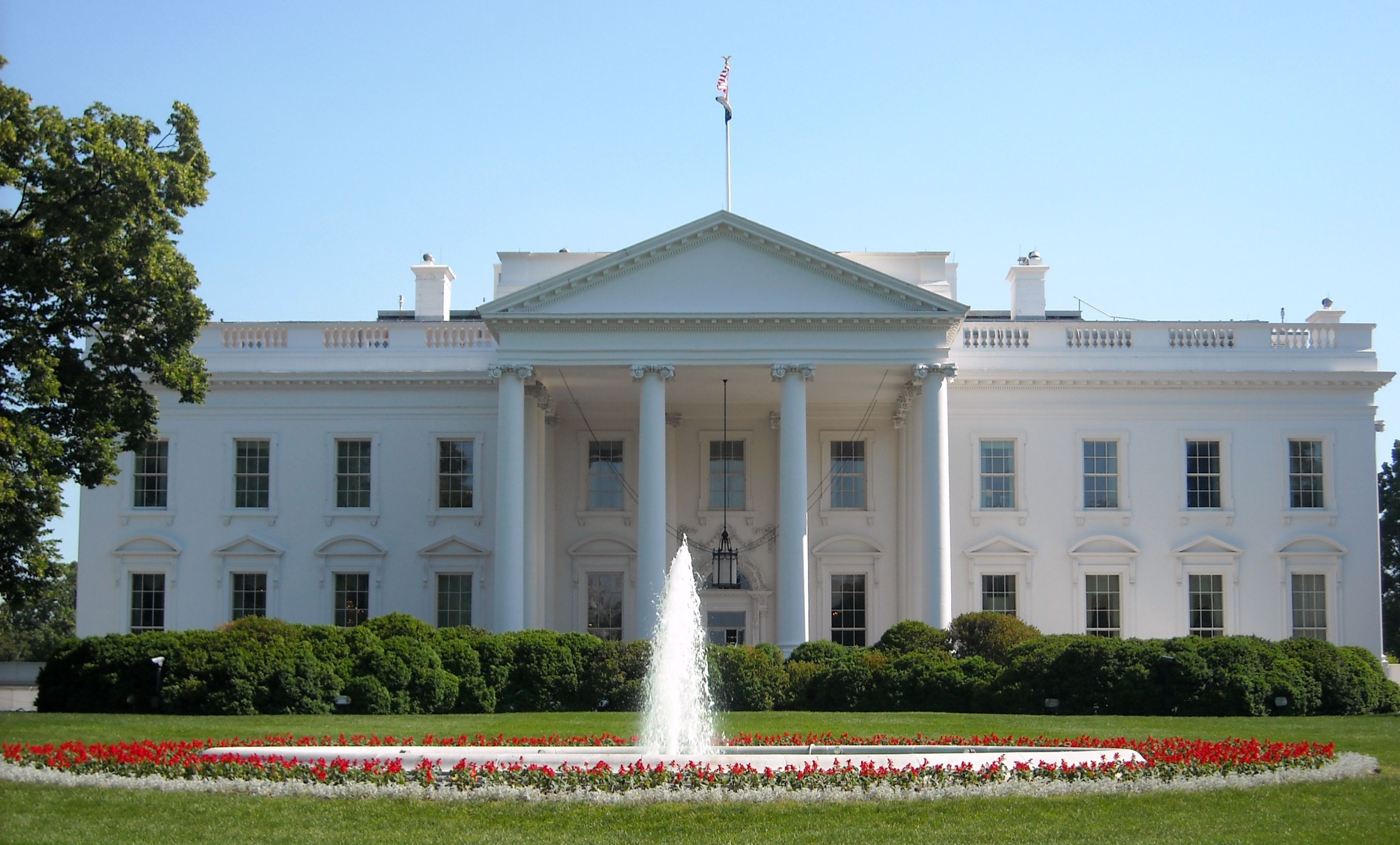 As the Head of one of the departments at the National Radio and Television in Burkina Faso, I often used my communication skills to establish a dialogue and a mutual understanding. Instead of difficulties and rancor, we achieved more. Being the head of an office does not mean that you are a leader. So I ask myself what exactly is leadership?
As the Head of one of the departments at the National Radio and Television in Burkina Faso, I often used my communication skills to establish a dialogue and a mutual understanding. Instead of difficulties and rancor, we achieved more. Being the head of an office does not mean that you are a leader. So I ask myself what exactly is leadership?
A leader is the one who motivates, shows the way, has a vision, who is humble to serve others and so on. To be leader, it takes a lot of qualities, is not it? So, I told myself that leadership has always existed since the world exists. Men have always been motivated; there has always been a leader who directed expeditions or wars, and so on. It is during these last centuries that the concept of leadership has perhaps been much theorized and promoted by books, lectures, etc. How have societies, cultures, political currents seen leadership for centuries until now? Is a leader the one who is followed by others for a given reason? I just want to answer “Yes” to my own question.
I would like to mention a research carried out by Doctor Yao Ahade, one of my university professors. He taught at the school of journalism of Lille in France, occupied positions of responsibility and authority. The last position he held was a communication expert at the West African Economic ans Monetary Union.
He also taught at the University of Ouagadougou. He made us discover the concept of Du N’Ku or the village persuader. The Du N’ku is the one which by its example inspires the inhabitants of the village. He is an opinion leader who can change the attitude of his peers. According to Yao Ahade “Du N’Ku is 15 years of research. With this concept, I rehabilitate man in his environment “. He was the first teacher to invite us to have a drink after classes. We discussed the subjects, with a deep respect, relaxed atmosphere and good understanding. Unfortunately, he died in 2007.
For me, leadership cannot succeed without adapting to the context. There is an array of books on this subject with interesting suggestions. But it may be wise to adapt all these ideas developed on leadership to our cultures, our perception of the world.
I want to be a discrete leader, who gives the feeling to his co-workers to be able to find solutions to the challenges they are making. I will learn from the practice of leadership in the United States and also strengthen my knowledge of leadership practice in Burkina Faso.

